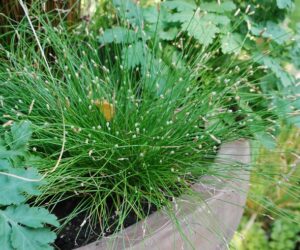Even the best soil needs constant improvement, and the best way to do it is by adding organic matter. There is no doubt that having a compost heap is a great way to improve your garden soil for free. But not everyone has space, time, or conditions to have one.
Luckily there are many other ways to improve your garden’s soil naturally. Add organic matter to your soil in the form of manners, leaves, cover crops… You can even use kitchen scraps by adding them directly to the soil instead of in the compost pile.
Use organic matter as often as you can as it will supply everything your plants need. If you aren’t sure what to use and how to use it, check out our list of 10 ways to naturally improve your garden soil.
1.Coffee Grounds
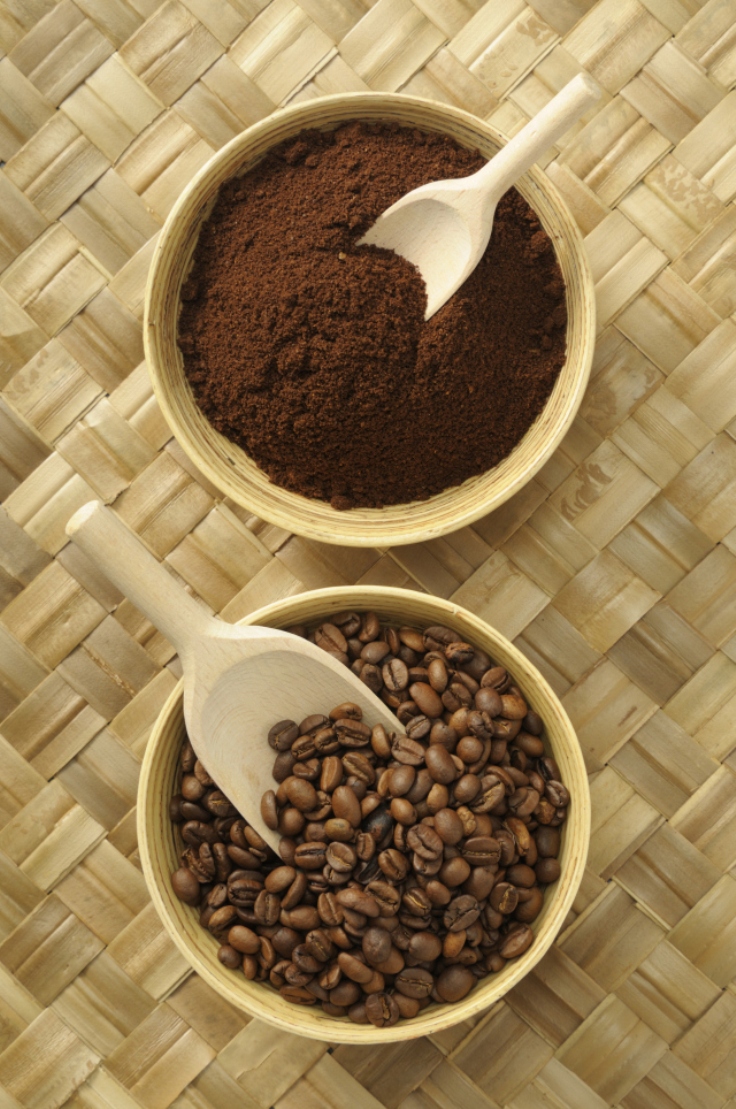
via stylecaster.com
Coffee Grounds can be used as a fertilizer by adding them directly to the soil. There are many benefits like improving drainage, water retention, and soil aeration. They also promote plant growth. To keep the PH level of your soil unaffected, use used coffee grounds. You can also use coffee grounds as mulch – earthworms love them!
2.Egg Shells
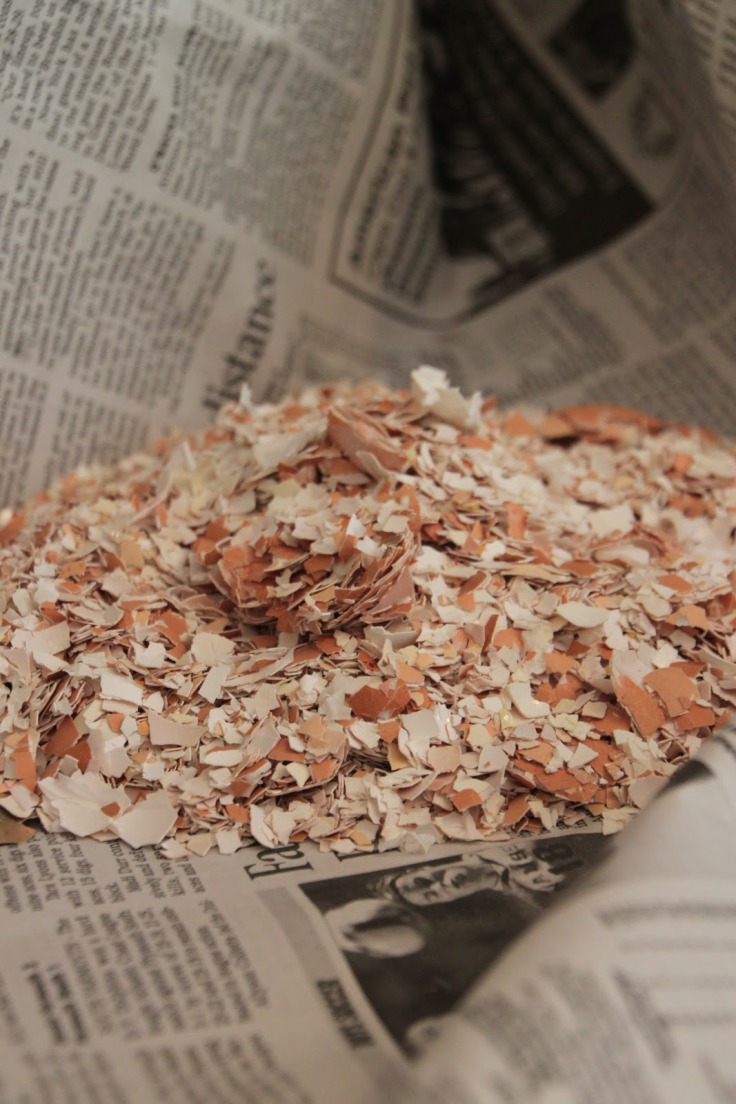
via tillysnest.com
Improve drainage and add calcium to your soil by using crushed eggshells. This will promote plant growth and prevent blossom end rot in tomatoes and squash plants. It is very easy – gather some eggshells, rinse them and let them dry for a couple of days. It will be best to keep them in a container near a window or a radiator when dry, crush them and add them to the soil. You can also use them around young seedlings for slugs and snails protection.
3.Lime
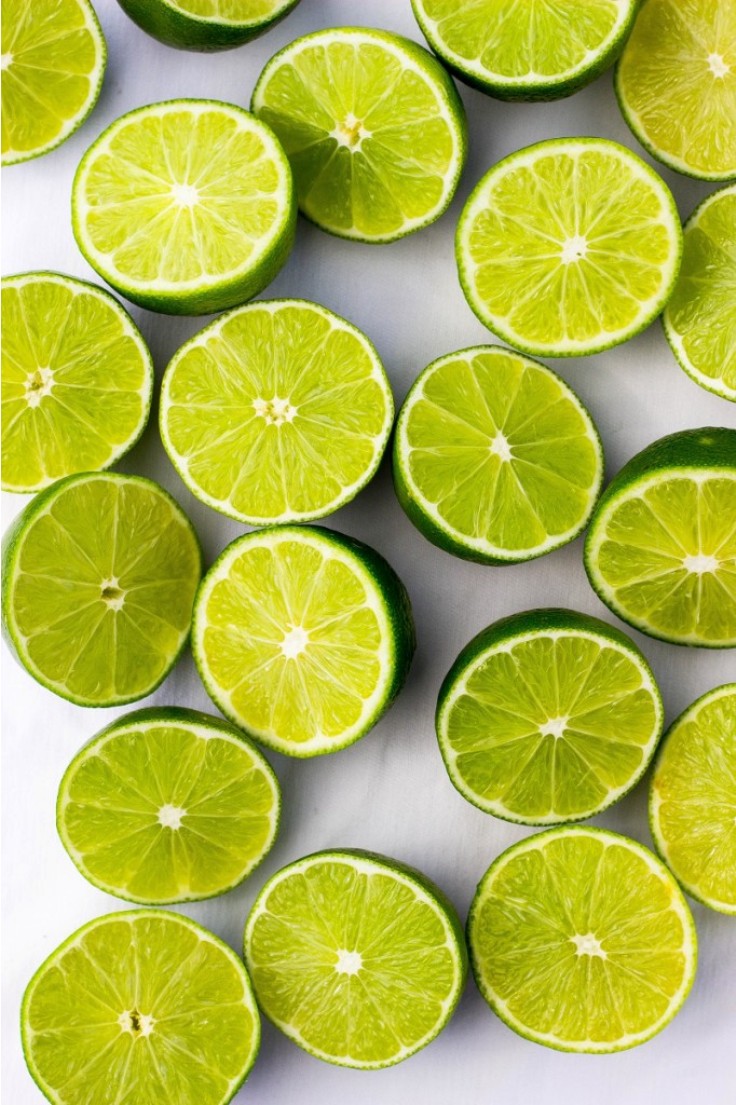
via shelikesfood.com
Raise your soil’s PH value naturally by adding lime. Liming can improve soil quality, helping plants and grass to flourish. When acidic soil is corrected, plants and lawns are greener, stronger, use less water, and can resist diseases. Lime also adds calcium to the soil, and we know plants need calcium for healthy growth. Prepare the bed by tilling or digging to a depth of 8 to 12 inches, then spread the lime evenly over the soil, and then rake it into a depth of 2 inches.
4.Cinnamon

Cinnamon is known among gardeners for its ability to protect seeds and seedlings. You can also use it to prevent mushrooms from growing around your garden. Another way to use cinnamon is to sprinkle it over damaged plants – it will help them heal and ward off fungal infection. Sprinkle some cinnamon to keep ants away from your plants.
5.Banana Skins
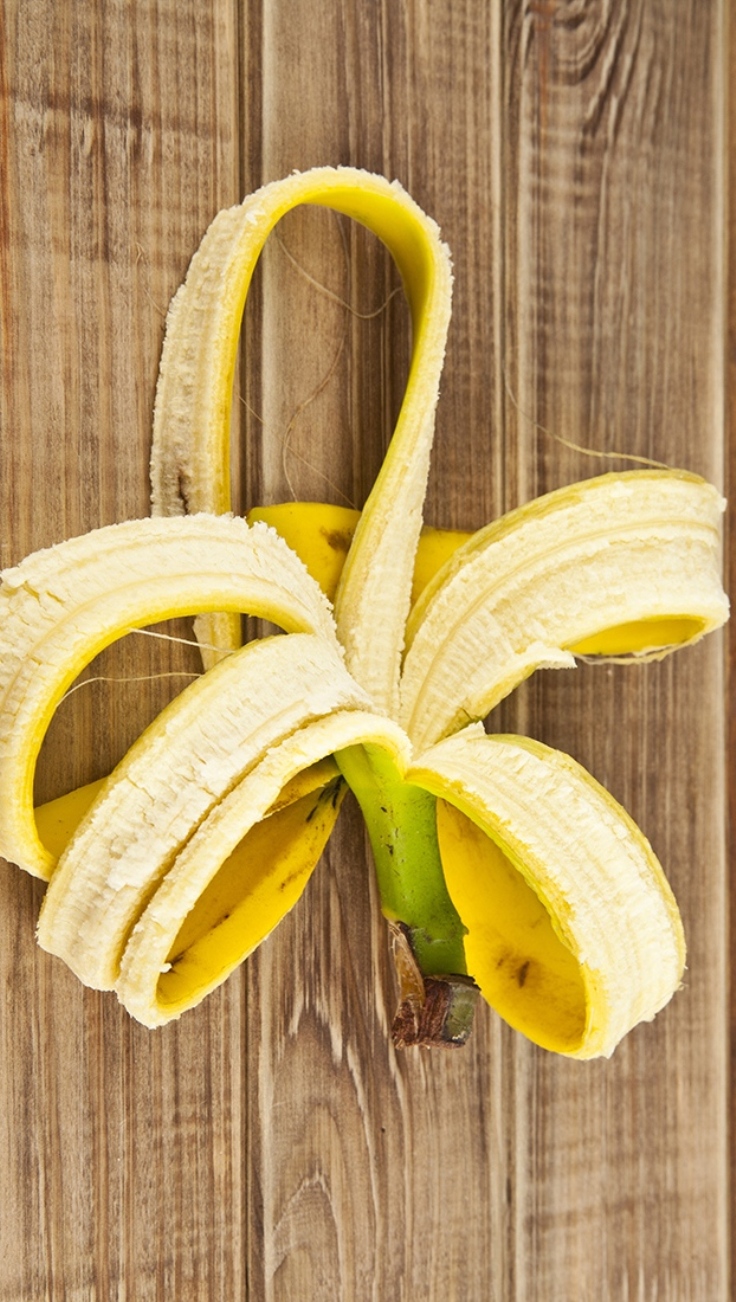
Add some banana skins to improve your soil. Just cut them into small pieces and add them directly to the garden soil. This way, they will break down faster, allowing micro-organisms in the soil lots of surface area to work their magic. The result is well drained and light soil, full of earthworms. The banana skins are tremendously beneficial to your soil as they will add calcium, magnesium, sulphur, phosphates, potassium, and sodium.
6. Rock Powder
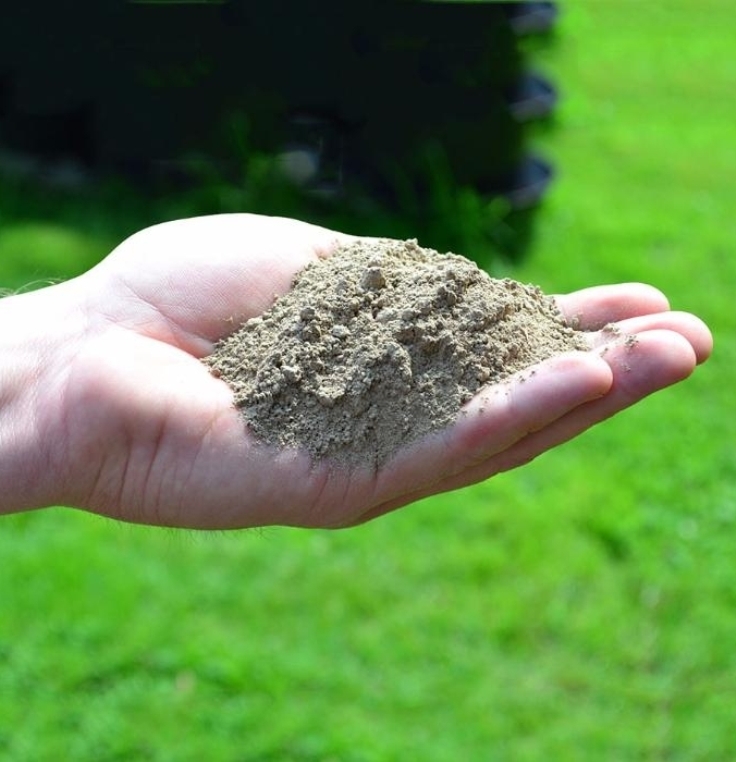
via olx.co.za
One of the biggest problems for gardeners is mineral deficient soil. You can easily correct this type of soil by adding rock powder. It is well known that decomposed rocks provide minerals to the soil, so you will restore them by using rock powder. You will also add micronutrients by using rock powder for improving your garden’s soil.
7. Chicken Power
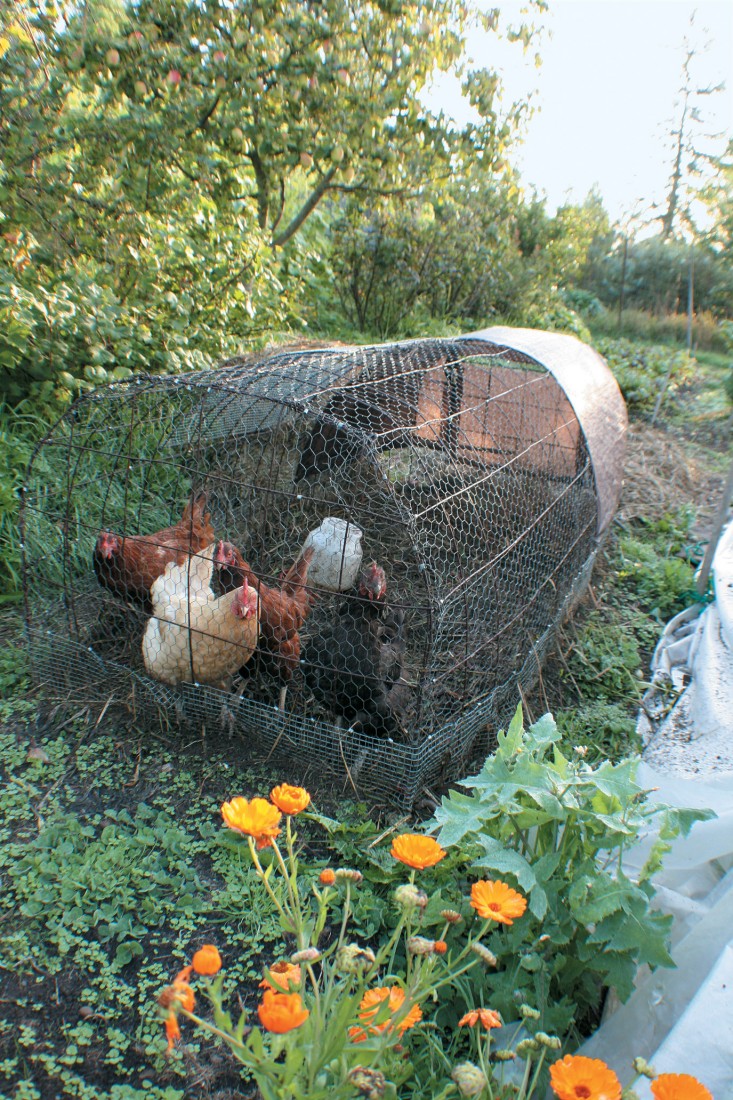
via gardenista.com
Have you ever thought about using chickens’ power to incorporate organic material into the soil? It is easy – all you need to do is park them in one spot of your garden and give them whatever organic material you have. They will start to scratch it, trying to find something interesting to eat. By doing this, they actually shred it and incorporate it into the top couple inches of soil, the zone of most intense biological activity.
8. Cover Crops
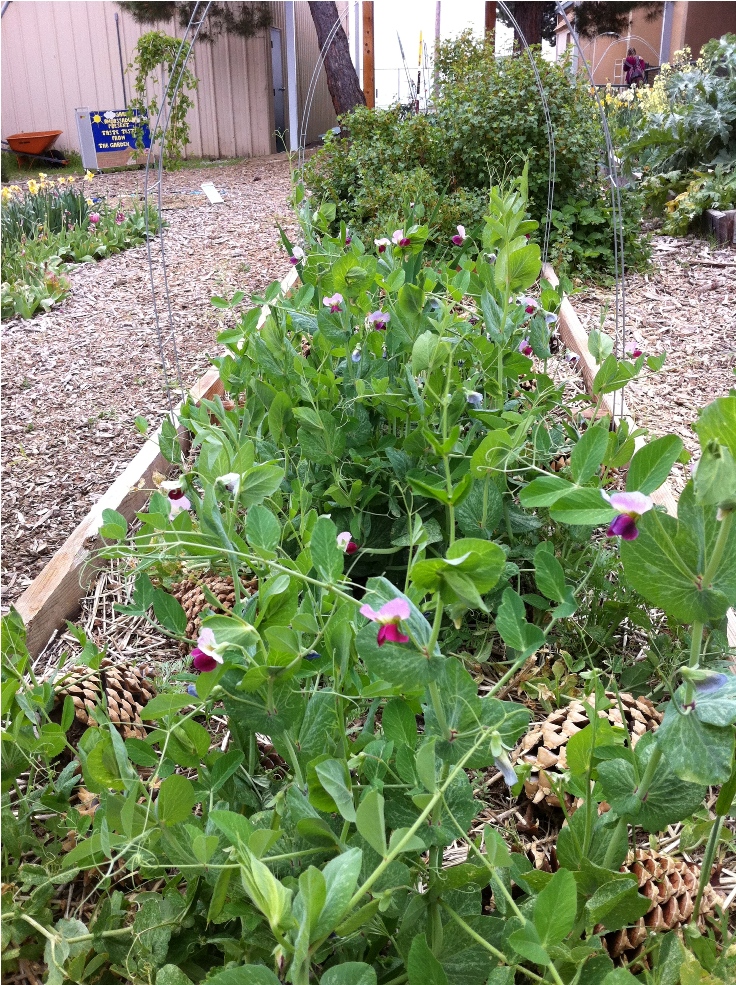
Cover crops are so beneficial to your garden’s soil – they feed the soil, build up its fertility and improve its structure with each passing season. Choose Legumes to cover crops as they fix nitrogen from the atmosphere into forms available to crop plants. You can also use a mix of different crops like grasses and clovers as the grasses add a large amount of biomass and improve soil structure because of their root systems’ size and complexity. The legumes add nitrogen to help break down the relatively carbon-rich grassroots quickly.
9.Mulch Mulch Mulch
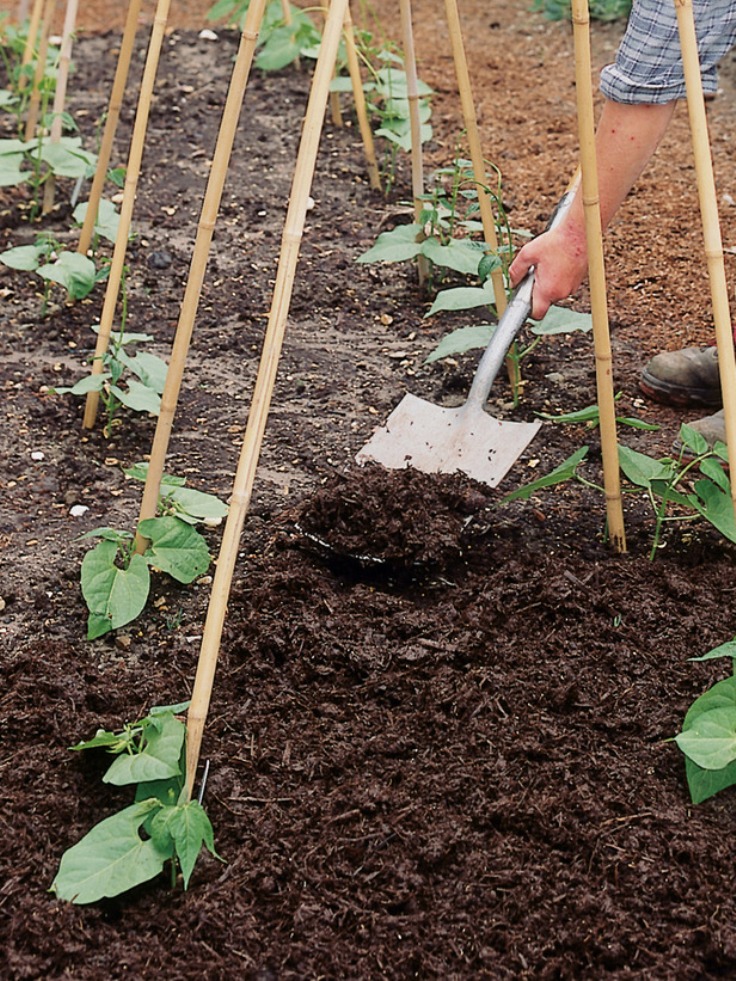
via deco.howwewokeup.com
Weeds are your garden’s worst enemy – they consume valuable nutrients in the soil, leaving very little to your plants. This is why preventing them is very important. The best way to prevent weeds is by mulching. You can use leaves, grass clippings, and wood chips. This way, you will prevent weeds and help the soil keep moisture and add nutrients.
10.Manures for Nitrogen
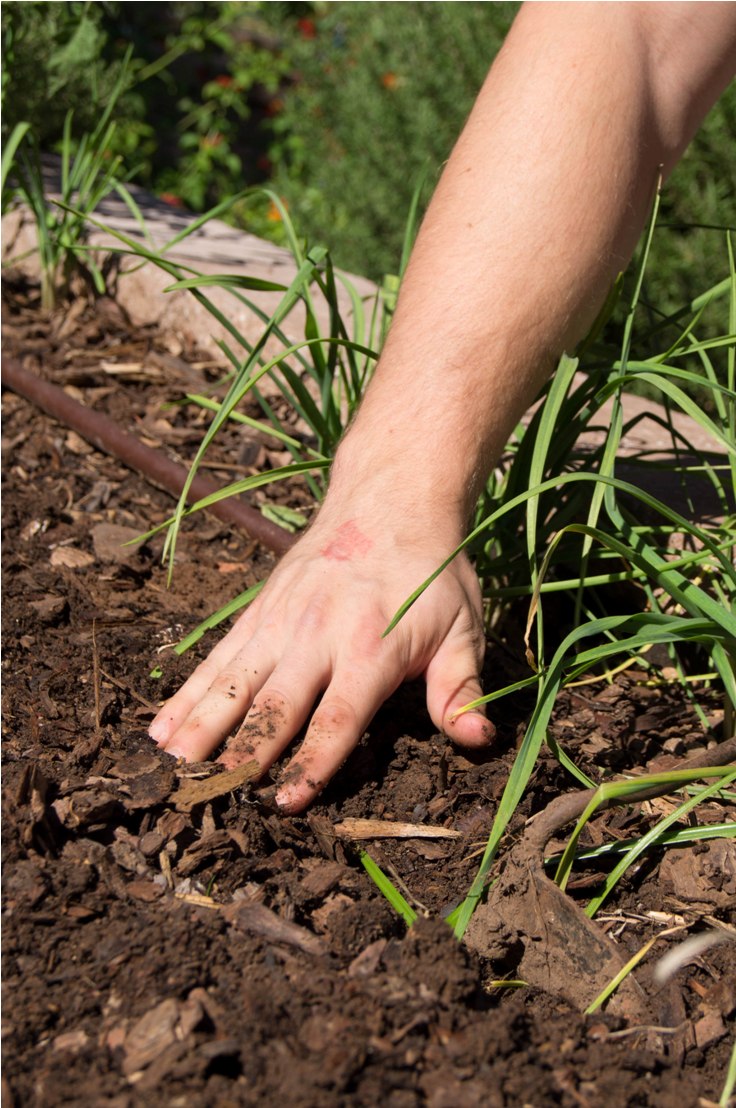
via 20-30somethinggardenguide.com
Manures are so beneficial to your soil; they even make a bigger contribution than compost. All livestock manures can be a valuable addition to your soil as their nutrients are readily available to soil organisms and plants. However, apply them with care. Allow three months between application and harvest of root crops or leafy vegetables such as lettuce and spinach to guard against contamination.

